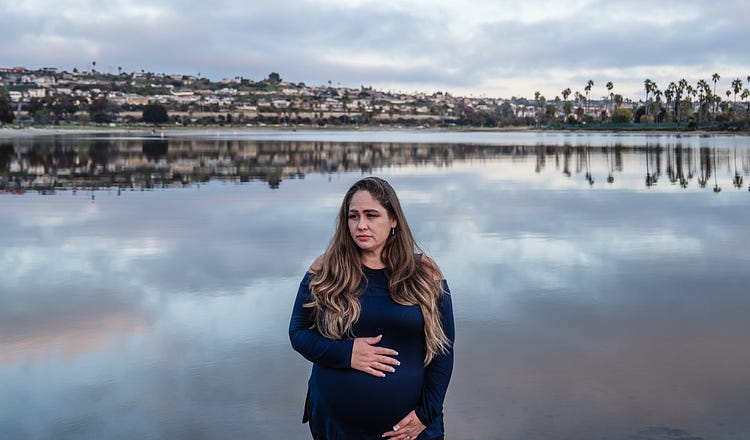Motherloading: Inside the Surrogacy Boom

Ashley Mareko on the beach near where her RV is parked in Mission Bay, San Diego. (Ariana Drehsler for The Free Press)
‘It’s almost like a heterosexual relationship. I’m the provider. And this other woman that I met on Facebook is staying at home and having my kid for me.’
393
Ashley Mareko was built for pregnancy. “I have great hips,” she told me over the phone.
Mareko, 38, a Hawaii native who lives with her husband and teenage daughter in their RV near the beach in San Diego, heard about gestational surrogacy—where she would grow someone else’s baby in her own womb—at a Bible study group. “I thought it was the coolest thing…
Continue Reading The Free Press
To support our journalism, and unlock all of our investigative stories and provocative commentary about the world as it actually is, subscribe below.
$8.33/month
Billed as $100 yearly
$10/month
Billed as $10 monthly
Already have an account?
Sign In

